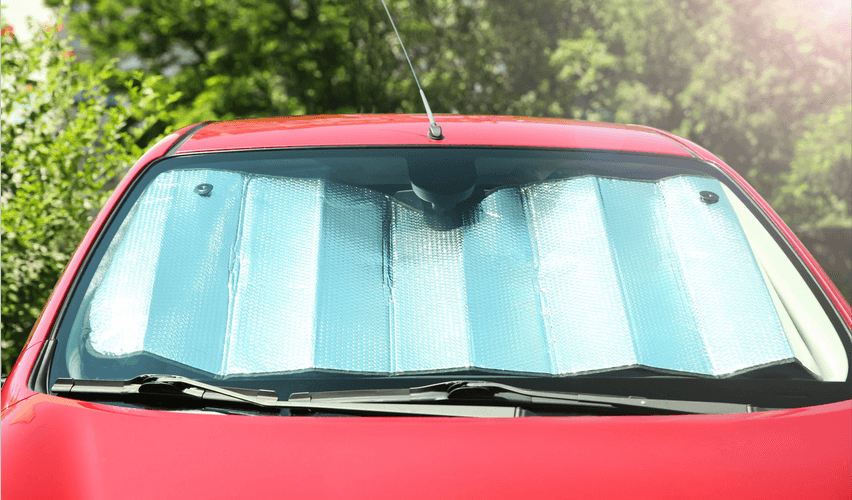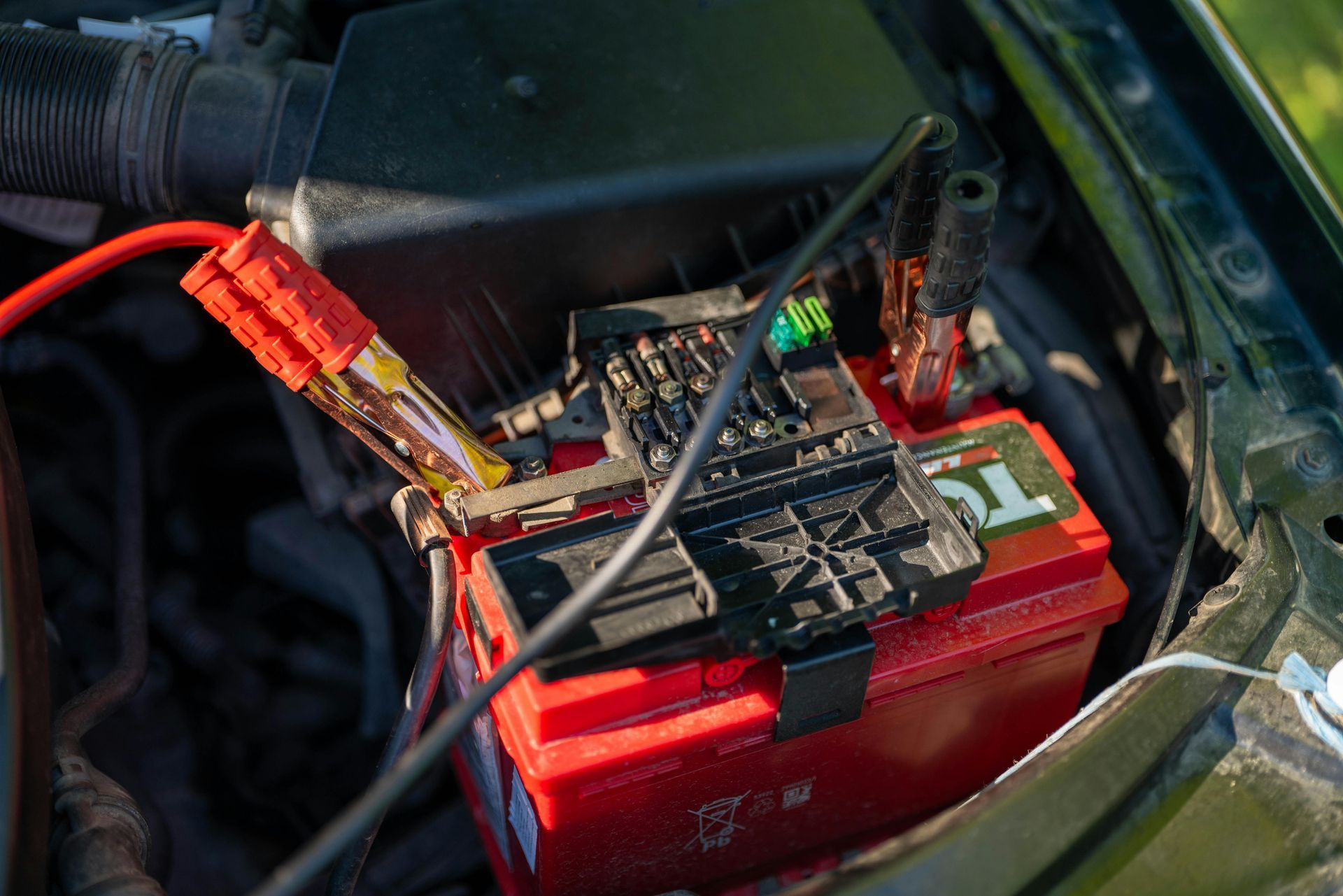Can Heat Kill a Car Battery? How to Protect Your Battery in the Summer
Auto Shops Located in: Chapel Hill, Durham, Taleigh, Apex, and Cary North Carolina

When it comes to the health of your battery, cold and hot weather can both affect it. While many people are aware that the winter can cause problems for car batteries, you might not know that heat can be more dangerous for them. As you try to keep your car’s battery in great shape over the summer, take a moment to find out more about how heat affects car batteries and why it can sometimes cause them to die.
Can Heat Affect a Car Battery?
The optimal temperature for car batteries is between 70 and 80 degrees Fahrenheit. When the temperature goes above 80, the heat can negatively affect your car battery, causing corrosion and reducing its lifespan.
Heat negatively impacts car batteries due to the evaporation of the battery’s liquid catalyst-electrolyte. These electrolytes are responsible for fueling the battery’s internal chemical processes. On a hot day, your car’s engine compartment’s temperature can increase to 140 degrees or higher, creating the perfect environment for evaporation to occur. When your battery’s liquid catalyst-electrolyte begins to evaporate, it can corrode the battery’s lead plates and damage the internal structure.
Higher temperatures can also corrode your battery’s terminals and connectors while speeding up your battery’s chemical reactions, causing a faster discharge. Additionally, heat can cause battery charging system malfunctions, leading to an overcharged battery. All of these factors contribute to a shortened battery life.
Can Heat Kill a Car Battery? Can Extreme Heat Cause a Car Battery to Die?
Since the heat can cause multiple problems that lead to a reduced battery life, high temperatures can cause your battery to die. If your battery suddenly stops working during the summer, there’s a good chance it was caused by heat, and the battery will probably need to be replaced.
5 Tips for Protecting Your Car Battery From Heat
If you live in North Carolina, you know the temperature over the summer can go well above 80 degrees. As a result, it’s essential to pay attention to your battery’s health throughout the summer. Below, you can find a breakdown of the five main tips to protect your car battery from excessive heat:
- Park in the shade or a garage: If you have a garage, parking inside it through the summer can keep your battery at a lower temperature when your vehicle isn’t in use, reducing its exposure to extreme heat. Those who can’t park in a garage will want to park in the shade during the summer. When you can’t park in the shade or a garage, you can use a car cover to keep your vehicle cooler by deflecting the sun’s rays.
- Avoid shorter drives: When you turn on your car, it uses a lot of your battery’s energy, and as you drive, the car’s alternator will recharge the battery. However, shorter drives don’t give your alternator much time to recharge the battery and raise the risk of your battery discharging. Since the heat is already straining your battery, it’s best to drive at highway speeds once a week for around 30 minutes to give your battery time to recharge.
- Protect your battery from corrosion: You don’t want parts of your battery corroding, as it can reduce the battery’s lifespan and performance. Besides regularly cleaning off corrosion from the battery, you can prevent corrosion from happening in the first place by using terminal protectors or a trusted anti-corrosion spray. Both of these options are designed to lower the risk of corrosion and protect your battery.
- Receive a radiator flush: Your vehicle’s radiator is designed to cool down your engine, which, in turn, helps stop your battery and other components from overheating. If your radiator isn’t flushed on the right schedule, it can lead to a hotter engine and a battery damaged by excess heat. Most vehicles need their radiators flushed every 50,000 to 75,000 miles, so if you’ve passed the 50k mark, it’s best to flush your radiator to lower the risk of heat-related damage to your battery.
- Schedule a routine inspection: Before the summer reaches its hottest temperatures, it can be a good idea to schedule a battery inspection. During this inspection, a mechanic can tell you your battery’s age (batteries typically last three to five years), tighten any loose terminals, check for damage, and clean off corrosion. They can also perform a load test with a digital load tester, which tests how well the battery holds voltage. If the test reveals it’s below a 50% state of health, you’ll need to replace your battery.
Choose Chapel Hill Tire for Car Battery Replacement Services in the NC Triangle
If you think heat has impacted your battery and need a battery replacement service in Raleigh, Durham, Chapel Hill, or the surrounding areas, turn to Chapel Hill Tire. Our certified mechanics can inspect your battery and provide any needed repair or replacement services to ensure your vehicle has the power it needs. We also recommend checking out our selection of coupons to see how much you can save.
Learn more about our vehicle battery services today. If you need to bring your car in for service, please make an appointment at one of our convenient locations in the Triangle Area.















